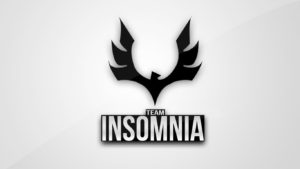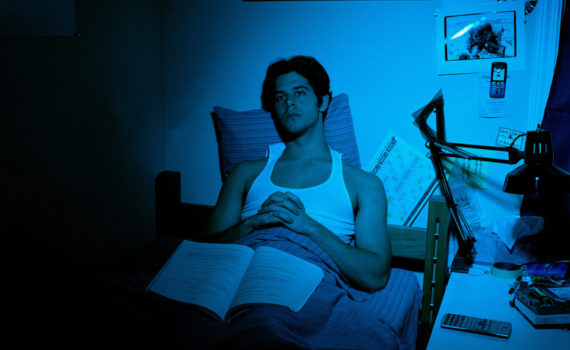frequent asked questions about insomnia. faq insomniaWhat is Insomnia?..
Insomnia is a problem with sleep. People with insomnia have trouble falling or staying asleep, or they do not feel rested when they wake up. Insomnia is not about the number of hours of sleep a person gets. Everyone needs a different amount of sleep.
What Happens if you Have Insomnia?
People with insomnia often:
●Have trouble falling or staying asleep.
●Feel tired or sleepy during the day.
●Forget things or have trouble thinking clearly.
●Get cranky, anxious, irritable, or depressed.
●Have less energy or interest in doing things.
●Make mistakes or get into accidents more often than normal.
●Worry about their lack of sleep.
These symptoms can be so bad that they affect a person’s relationships or work life. In addition, they can happen even in people who seem to be sleeping enough hours.

Are there Tests I Should Have?
Probably not. Most people with insomnia need no tests. Your doctor will probably be able to tell what is wrong just by talking to you. He might also ask you to keep a daily log for 1 to 2 weeks, where you keep track of how you sleep each night.
In some cases, people do need special sleep tests, such as “polysomnography” or “actigraphy.”
●Polysomnography – Polysomnography is a test that usually lasts all night and that is done in a sleep lab. During the test, monitors are attached to your body to record movement, brain activity, breathing, and other body functions.
●Actigraphy – Actigraphy records activity and movement with a monitor or motion detector that is usually worn on the wrist. The test is done at home, over several days and nights. It will record how much you actually sleep and when.
How can I Stop my Insomnia?
You can follow good “sleep hygiene.” click here for more details
Are there Medicines to help me Sleep?
Yes, there are medicines to help with sleep. However,you should try them only after you try the techniques described above. You also should not use sleep medicines every night for long periods. Otherwise, you can become dependent on them for sleep.
Insomnia is sometimes caused by mental health problems, such as depression or anxiety. If that’s the case for you, you might benefit from an antidepressant rather than a sleep aid. Antidepressants often improve sleep and can help with other worries, too.
Can I use Alcohol to help me sleep?
No, do not use alcohol as a sleep aid. Even though alcohol makes you sleepy at first, it disrupts sleep later in the night.

Can a Person Die from Insomnia?
Remember, though, that fatal familial insomnia is extremely rare, and unless a family member died of insomnia, you are not likely to have any predisposition to this disorder. For the vast majority of people, chronic insomnia will not directly lead to death.
What happens after 48 hours of no Sleep?
When you go without sleep for 20 to 25 hours, your performance impairment is similar to that of someone with a blood-alcohol level of 0.10 percent. At 36, 48, and 72 hours without sleep, your body and your mind begin operating in altered states that put your health, and your life, at risk.